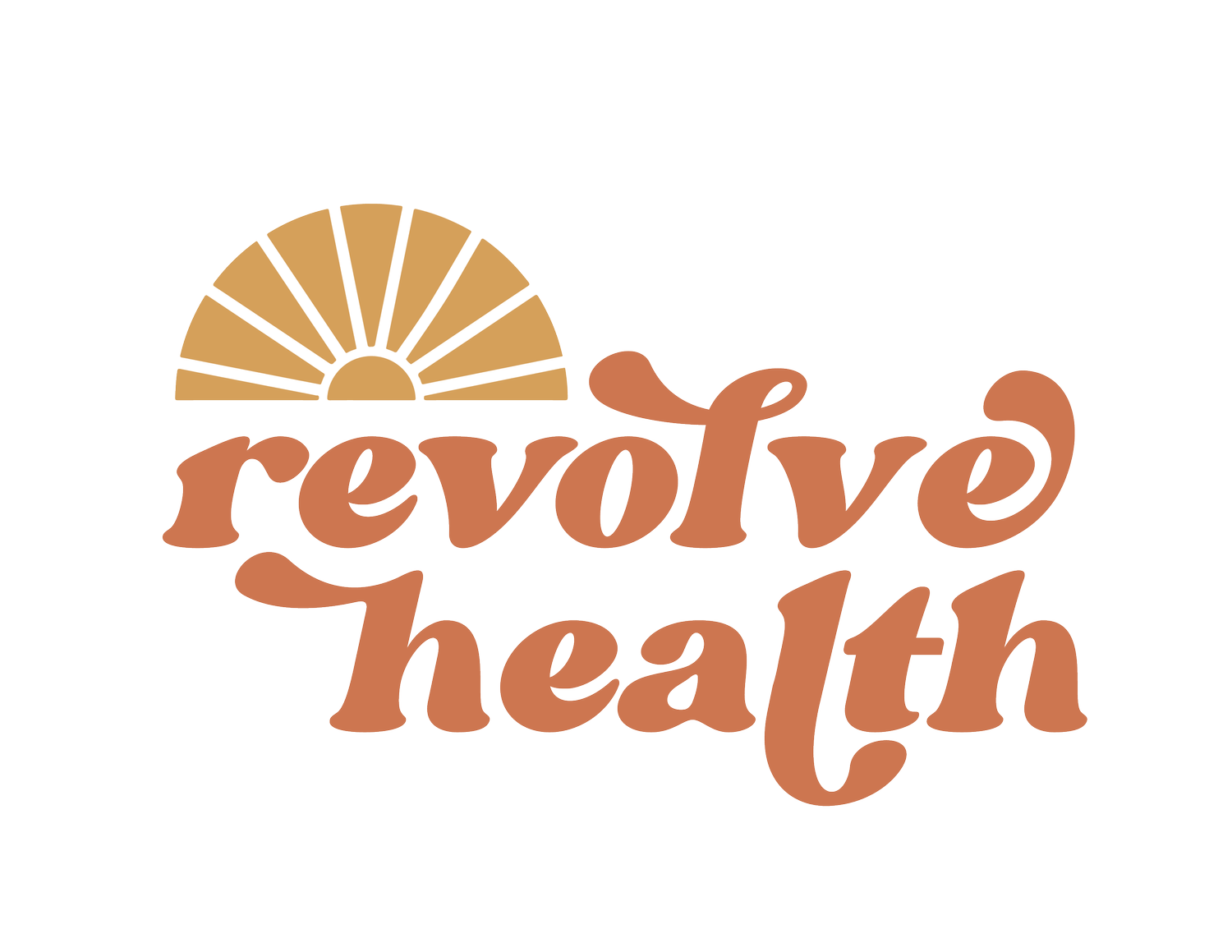The Impact of Low Progesterone on Sleep During Perimenopause and Menopause
Let’s discuss something that affects so many women during the wild ride of perimenopause and menopause - sleep (or lack thereof). And guess what? Drops in progesterone can be a big contributor to sudden sleep difficulties. We'll dive into how progesterone levels impact your sleep during your perimenopause and menopause years- sometimes as early as your late 30’s through your 50’s and beyond, and share some strategies to help you create the optimal sleep environment both internally and externally.
Understanding the Role of Progesterone in Sleep: So, here's the deal. Progesterone, a hormone produced by our ovaries during menstruating years, is like the chill pill for our nervous system. It helps us relax, wind down, and drift off into dreamland. But as we journey through perimenopause and menopause, our ovaries start producing fewer eggs, which means less progesterone. And yep, you guessed it - this hormonal shift messes with our sleep patterns.
The Impact of Progesterone Deficiency on Sleep:
Insomnia and Difficulty Falling Asleep: With lower levels of progesterone, falling asleep can become a real challenge. Counting sheep suddenly feels like a workout routine.
Sleep Fragmentation: More frequent awakenings throughout the night means your beauty sleep gets interrupted, leaving you feeling like a zombie in the morning.
Hot Flashes and Night Sweats: Oh, the joys of hormonal imbalances! Reduced progesterone can trigger hot flashes and night sweats, turning your peaceful slumber into a steamy and sweaty affair (but not the good kind).
Mood Disturbances: When you're running on sleep deprivation, it's no surprise that your mood can take a hit. Irritability, mood swings, and a general feeling of "get away from me" can start to impact your relationships.
Tips for Promoting Better Sleep:
Create a Relaxing Bedtime Routine: Treat yourself to a cozy routine before bed. Take a warm bubble bath, practice some relaxation techniques like deep breathing or meditation, or snuggle up with a good book. It's all about sending signals to your body that it's time to chill out.
Enhance Sleep Environment: Make your sleep cave extra comfy and dark. Invest in some blackout curtains, crank up the fan, or add a cooling mattress topper to combat those hot flashes and night sweats. I also recommend using your own bedding (not sharing with a partner) so you can use whatever thickness of blanket you desire, and their body heat won’t make you break a sweat. Sweet dreams, here we come!
Prioritize Sleep Hygiene: Stick to a regular sleep schedule, avoid caffeine after 12pm and alcohol close to bedtime, ditch stimulating activities (yes, Netflix, I'm looking at you), and try to limit your screen time before hitting the sack. Your favorite show can wait until tomorrow, I promise!
Get Moving: Regular exercise is not just good for your overall well-being but also for improving sleep. Get those endorphins pumping during the day, but try not to go full-on gym mode right before bed. We want you snoozing, not doing burpees.
Seek Professional Help: If sleep issues persist and leave you feeling like a walking zombie, it might be time to get further evaluation like a sleep study. They can offer evaluation and explore potential treatment options to help you reclaim those sweet dreams.
Sometimes a little herbal support at nighttime can do wonders for helping the body go back to sleep. While the root cause of sleep disturbance in peri-menopause and menopause is often low progesterone, I love supporting sleep with natural, non-habit forming products. Good sleep is everything! This gentle product contains nervine herbs that calm the nervous system and enourage sleepiness.
Drops in progesterone may be playing tricks on your slumber, but we're not backing down. By embracing sleep-promoting strategies, setting up a cozy sleep environment, and prioritizing self-care, we can kick those sleepless nights to the curb and wake up feeling 100%.
If you feel like all the sleep habits in the world can’t help you settle in, it may be time to discuss progesterone replacement therapy. I specialize in the evaluation of hormones vis lab testing to discover if your progesterone is low, and if you would be a good candidate for hormone replacement therapy.
Reach out below to schedule a free alignment call to see how a holistic approach to sleeplessness can help you finally regain deep sleep and better energy!
Meet Your Doctor
Hi, I’m Dr. Caitlin Fanning, ND (Naturopathic Doctor),
I help women who are struggling with hormone imbalances, fatigue, and infertility optimize their hormones and get their life back so they can feel like their best self.
If you're ready to take charge of your health and make real, lasting changes to your energy, your hormones, or your overall well-being, I would love to talk more!

